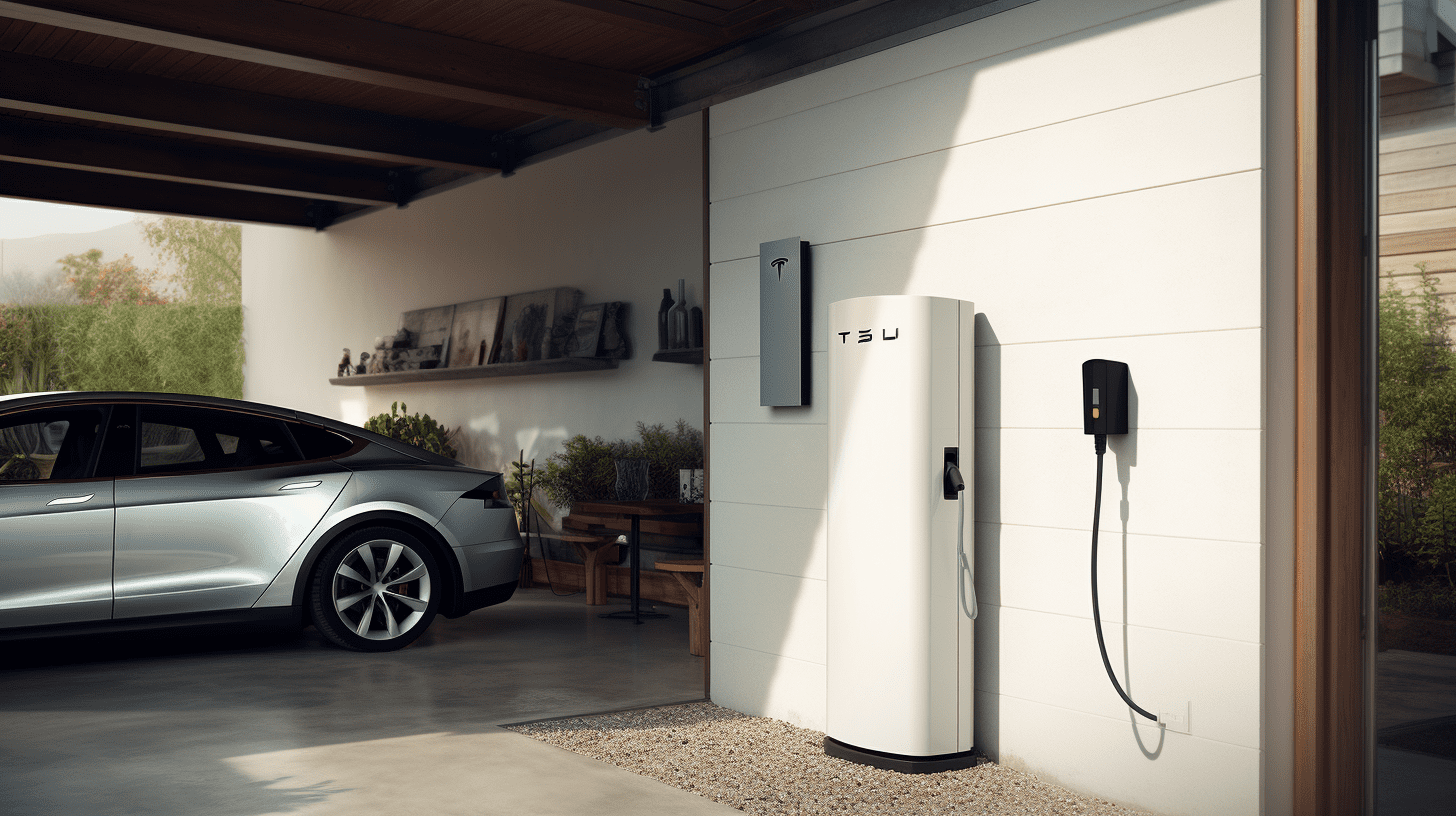Understanding Tesla batteries is essential for hotel managers looking to enhance their energy efficiency and offer amenities that attract eco-conscious guests. This guide explores the types of batteries used in Tesla vehicles, common issues they face, their lifespan, and associated charging costs, particularly at Walmart.
What types of batteries are used in Tesla vehicles?
Tesla primarily uses lithium-ion batteries, specifically designed for high performance and longevity. The main battery types include:
- 2170 Cells: Used in Model 3 and Model Y, offering a balance of energy density and thermal management.
- 18650 Cells: Previously used in Model S and X; these have been largely phased out in favor of newer technologies.
- 4680 Cells: Recently introduced, these cells promise improved energy density and reduced production costs.
Battery Types Overview Chart
| Battery Type | Application | Key Features |
|---|---|---|
| 2170 Cells | Model 3, Model Y | High energy density, better thermal management |
| 18650 Cells | Older Model S, X | Proven technology, slightly lower capacity |
| 4680 Cells | Future models | Higher energy density, cost-effective production |
What are common issues faced by Tesla batteries?
Tesla batteries can experience several common issues:
- Degradation: Over time, battery capacity may decrease, affecting range.
- Thermal Management Problems: Inadequate cooling can lead to overheating during rapid charging or extreme weather.
- Software Bugs: Occasionally, software updates may temporarily limit battery performance or capacity.
Common Issues Chart
| Issue | Description |
|---|---|
| Degradation | Gradual loss of capacity over time |
| Thermal Management | Risks of overheating during use |
| Software Bugs | Performance limitations due to updates |
How long do Tesla batteries typically last?
Tesla batteries are designed to last between 10 to 20 years, depending on usage patterns and environmental conditions. Factors influencing battery lifespan include:
- Charging Habits: Frequent fast charging can accelerate degradation.
- Temperature Exposure: Extreme temperatures can negatively impact battery health.
- Depth of Discharge (DoD): Regularly discharging below recommended levels can shorten lifespan.
Lifespan Factors Chart
| Factor | Impact on Lifespan |
|---|---|
| Charging Habits | Frequent fast charging may reduce lifespan |
| Temperature Exposure | Extreme heat or cold affects performance |
| Depth of Discharge | Deep discharges can lead to quicker degradation |
What are the charging costs associated with Tesla batteries at Walmart?
Charging a Tesla at Walmart typically costs around $0.25 to $0.35 per kWh, depending on local electricity rates and specific Walmart locations. For example:
- Charging a standard Model 3 with a 75 kWh battery from empty could cost approximately $18.75 to $26.25.
- Many Walmarts offer free charging through partnerships with various EV charging networks.
Charging Cost Example Chart
| Vehicle Model | Battery Size (kWh) | Cost per kWh | Total Charging Cost (Empty to Full) |
|---|---|---|---|
| Model 3 | 75 | $0.25 – $0.35 | $18.75 – $26.25 |
How can hotels benefit from installing EV charging stations?
Hotels can gain several advantages by installing EV charging stations:
- Attracting Eco-Conscious Guests: Offering charging facilities appeals to environmentally aware travelers.
- Increasing Revenue Streams: Charging fees can provide an additional source of income.
- Enhancing Guest Experience: Providing convenient amenities improves overall guest satisfaction.
Benefits of Installing EV Charging Stations Chart
| Benefit | Description |
|---|---|
| Attracting Guests | Appeals to eco-friendly travelers |
| Increasing Revenue | Potential income from charging fees |
| Enhancing Experience | Improves guest satisfaction |
Buy Wholesale Battery Tips
For businesses seeking reliable battery solutions, Redway Battery is an excellent choice for wholesale buyers or OEM clients overseas. With over 13 years of experience in lithium battery manufacturing, Redway Battery provides high-quality products that serve as a superior alternative to lead-acid batteries.To make OEM orders from a trustworthy manufacturer like Redway Battery:
- Identify Your Needs: Determine specifications and quantities required.
- Contact Redway Battery: Reach out through their official channels.
- Discuss Terms: Negotiate pricing and delivery timelines.
- Place Your Order: Finalize your order with a purchase agreement.
Industrial News
Recent developments in electric vehicle technology emphasize the importance of battery performance and longevity as more consumers transition to EVs. Automakers are investing heavily in research to improve battery efficiency and reduce costs, ensuring that electric vehicles remain attractive options for consumers.
Redway Expert Views
“Understanding the intricacies of EV battery technology is essential for hotel managers looking to enhance their services,” states an expert at Redway Battery. “By investing in reliable battery solutions and infrastructure, hotels can significantly improve guest satisfaction while contributing to sustainability.”
FAQ Section
- Q1: How often do I need to replace my Tesla battery?
A1: Most Tesla batteries last between 10 to 20 years; replacement depends on usage patterns and care. - Q2: Can I charge my Tesla at any public charging station?
A2: Yes, but compatibility may vary; always check if the station supports your vehicle type. - Q3: Are there any incentives for hotels installing EV chargers?
A3: Yes, many regions offer financial incentives or rebates for businesses that install electric vehicle chargers. - Q4: How much does it cost to charge a Tesla at home?
A4: Home charging costs vary based on local electricity rates but typically range from $0.12 to $0.20 per kWh.



